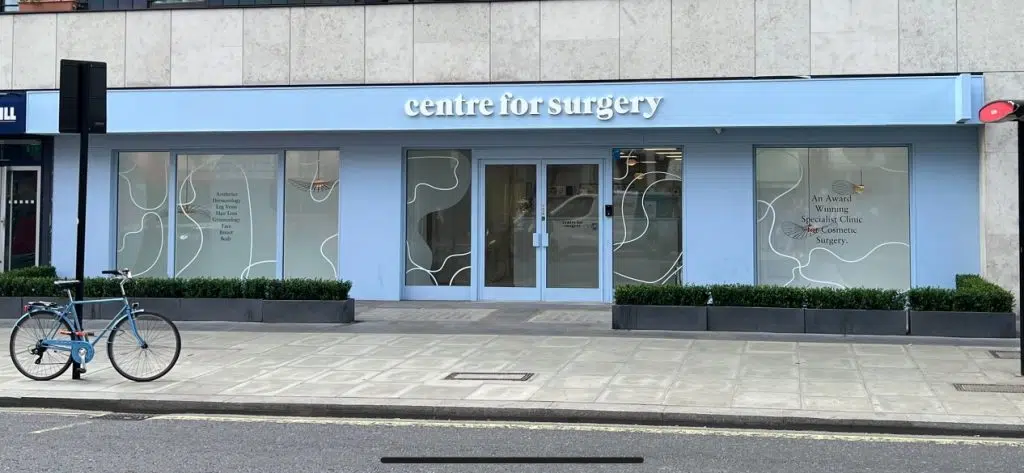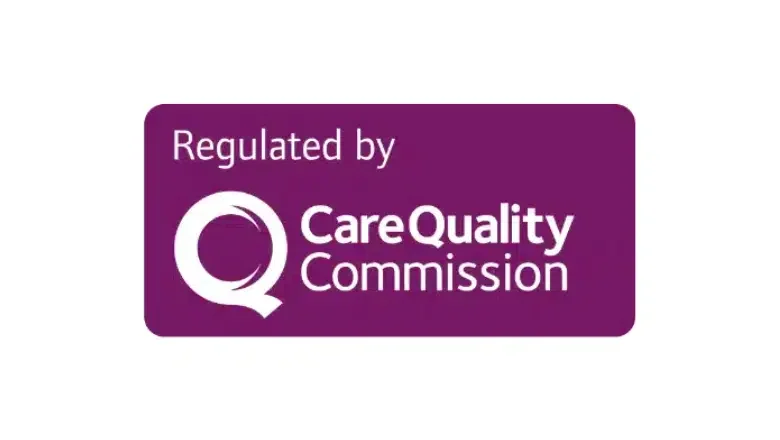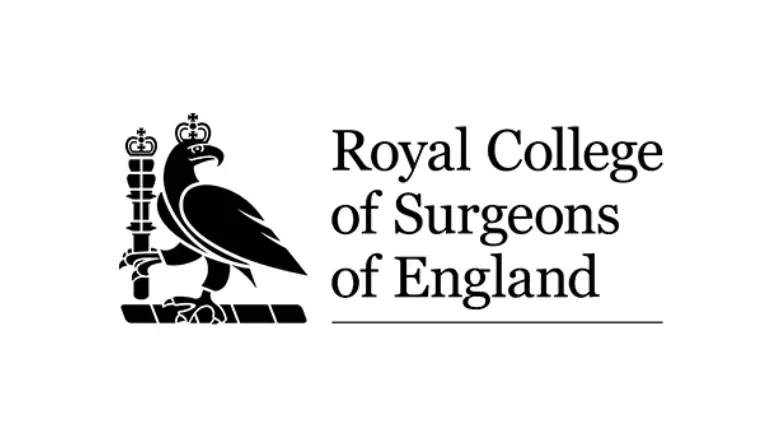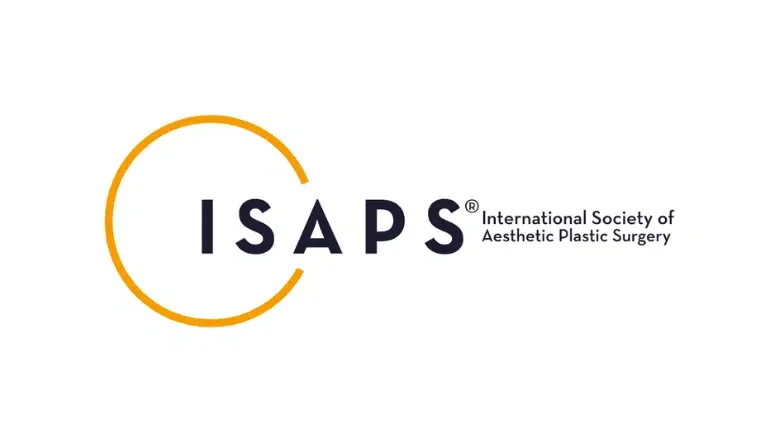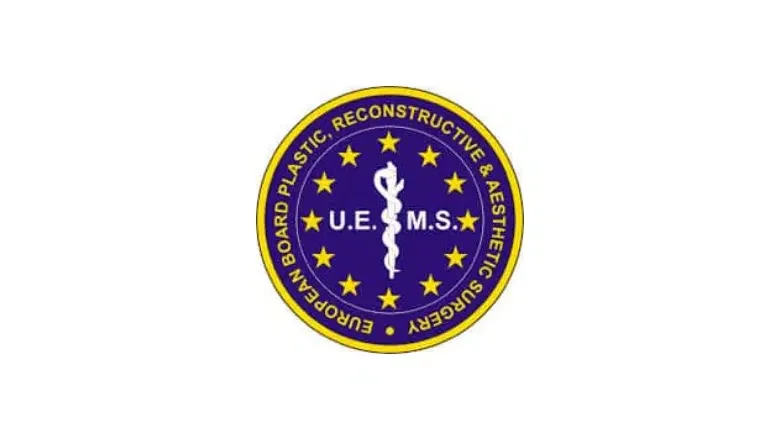Undergoing cosmetic surgery is a significant decision and it’s natural to have numerous questions and concerns beforehand. It is crucial to have an open and thorough discussion with your surgeon to alleviate any apprehensions or doubts. Your surgeon should be able to address all your queries competently and in detail, instilling confidence in you about the upcoming procedure. Remember, no question is insignificant or too trivial when it comes to your health and well-being. Every question deserves a comprehensive answer that provides clarity and reassurance. If you’re contemplating cosmetic surgery, Centre for Surgery recommends a set of key questions to pose to your surgeon. It gives a glimpse into the type of responses you should anticipate.
When choosing a plastic surgeon, you want to ensure that you feel comfortable and confident in their skills and expertise. The surgeon you select will be your guide throughout your cosmetic surgery journey, and you must trust them and feel at ease discussing your expectations and concerns.
RELATED: Choosing Your Surgeon
Here at Centre for Surgery, we encourage an open line of communication between our surgeons and patients, fostering an environment of trust and understanding. We believe that your surgeon should be more than just a medical professional; they should be your partner in this journey, providing the support and knowledge you need every step of the way.
To assist you in preparing for your consultation and making an informed decision, we have outlined a list of critical questions to ask your surgeon and have indicated the kind of detailed responses you can expect. These questions will help you understand the surgeon’s experience, the surgery process, potential risks, and the recovery process, amongst other essential aspects. They will ensure you’re fully equipped with the necessary knowledge to proceed with your cosmetic surgery confidently and safely.
Q1. Do you hold full qualifications as a specialist plastic surgeon?
In the United Kingdom, it’s important to note that any individual with a medical degree can carry out surgical procedures. However, to be considered a fully qualified surgeon, one must hold a fellowship from the Royal College of Surgeons (FRCS). If you’re considering a plastic surgical procedure, it’s crucial that the surgeon is listed on the General Medical Council (GMC) specialist register.
Plastic surgeons may hold memberships in professional organisations such as the British Association of Aesthetic Plastic Surgeons (BAAPS), the British Association of Plastic, Reconstructive and Aesthetic Surgeons (BAPRAS), or international societies such as the International Society of Aesthetic Plastic Surgeons (ISAPS). If a doctor’s name is followed by designations such as FRCS (Plast), this indicates that they are members of these professional bodies, signifying that their training meets the highest standards in the field.
RELATED: Plastic Surgeon vs. Cosmetic Surgeon – Which Should I Choose?
Q2. What is your experience with this specific procedure in terms of frequency?
Different surgeons bring different areas of proficiency to the table, each performing procedures with varying frequency. It’s widely recognised that a surgeon’s comprehensive understanding of the nuances of a specific procedure and their ability to deliver consistent results is honed through performing that procedure numerous times. Therefore, asking your surgeon about their experience performing the specific surgery you’re considering is important. For instance, inquire how often they’ve conducted this procedure in the past year. This will give you a sense of their current expertise and competence with the operation.
Our surgeons possess specialised expertise in their respective procedures and diligently maintain their skills. They regularly participate in national and international conferences, staying at the forefront of their field and ensuring they are up-to-date with the latest surgical techniques and advancements.
Q3. Where will my surgery take place?
The location of your procedure can depend on several factors, including the complexity of the operation and the type of anaesthesia required. Some minor procedures can be carried out in a treatment room under local anaesthesia, while more extensive surgeries necessitate admission to a dedicated surgical facility. You should feel comfortable and confident about the anaesthetic plan outlined by your surgeon for your specific procedure.
RELATED: 95-97 Baker Street
If your procedure requires general anaesthesia or intravenous sedation, a consultant anaesthetist must be involved in your care. Moreover, such procedures should be conducted in a surgical facility accredited by the Care Quality Commission (CQC). Any deviation from this standard could potentially compromise your care. As a patient, you have the right to expect the highest possible standard of care, and this includes being treated in a facility that meets stringent safety and quality regulations.
Q4. What type of anaesthesia will be administered during my surgery?
The type of anaesthesia used during your procedure will depend on the nature of the surgery. If the procedure is minor, a local anaesthetic may be sufficient, and these surgeries can typically be conducted in a treatment room. However, if intravenous sedation or general anaesthesia is involved – often referred to as “twilight anaesthesia” – the presence of an anaesthetist is necessary. These types of procedures require a fully accredited surgical facility, which is a standard of care that every patient deserves.
RELATED: Anaesthesia for Cosmetic Surgery
Our surgeons will help you understand the type of anaesthesia that will be administered during your procedure and the qualifications of the professional administering it. You should ask your surgeon to explain the anaesthetic plan, ensuring you understand who will be involved in your care and where your procedure will take place.
Q5. What are the potential risks associated with the surgery?
Every surgical procedure, regardless of its nature or complexity, carries potential risks or complications. These complications are a variable inherent to all surgical procedures, and every surgeon, despite their expertise, can encounter them. However, the surgeon’s role is to minimise the probability of these risks by conducting the procedure in an appropriate setting with the support of qualified medical staff.
RELATED: Risks and Complications of Cosmetic Surgery
Before your surgery, your surgeon should present a comprehensive list of potential complications associated with the procedure. This information is crucial in helping you make an informed decision about whether or not to proceed with the surgery. Understanding the potential risks is a vital part of your surgical journey, and you should feel comfortable discussing any concerns with your surgeon.
Q6. May I see examples of your work through before and after photos?
Seeing before and after photos can be very helpful in setting realistic expectations about the potential outcome of the surgery you are considering. Surgeons should be able to provide these visuals for every type of procedure they perform.
Q7. Can you share your personal complication rates with this particular procedure?
Surgeons regularly audit their practice to ensure that they are upholding the highest standards of safety and effectiveness. These audits involve regular annual appraisals to evaluate the safety of their clinical practice, which includes monitoring and documenting any complications associated with the procedures they perform.
As a patient, it’s completely reasonable for you to expect your surgeon to share their personal complication rates for the specific procedure you’re considering. This information can provide a clearer picture of the surgeon’s track record and expertise, allowing you to make a more informed decision about your care.
Q8. How do I know I am seeing a fully accredited surgeon?
In the UK, private clinics and hospitals grant practising privileges to doctors based on their qualifications and expertise. These facilities only permit doctors who have demonstrated competency in a given procedure to perform that operation within their premises. Therefore, if your surgeon has been granted the privilege to perform your chosen procedure at a reputable hospital or clinic, it provides a certain level of assurance. This accreditation suggests that the facility holds confidence in the surgeon’s abilities and expertise, which can offer you added peace of mind.
Q9. Could you provide a detailed breakdown of the costs associated with this surgery?
Before proceeding with any surgical procedure, it’s crucial that you have a clear understanding of all associated costs. This means you should expect to receive a detailed quotation that covers every aspect of your surgery, from the surgeon’s fees to any additional charges related to the procedure.
RELATED: Cosmetic Surgery Costs, Prices and Fees in UK
Q10. What guidelines do you follow regarding revision surgery?
Every surgeon approaches the possibility of revision surgery differently, and it’s vital to understand their policy on this matter before your initial procedure. When complications arise, they may result in additional costs related to hospital stays, anaesthesia, or the surgery itself. It’s only reasonable that your surgeon clearly communicates this information to you before surgery.
Each surgeon has a distinct protocol for determining who is responsible for these extra costs under specific circumstances.
Taking the Next Step – Contact Centre for Surgery for More Information or to Schedule a Consultation
Are you seeking additional information before you arrange your consultation?
We can provide more details about the following:
- Pricing details and options for your surgical procedure
- Available medical payment plans and financing options for your surgery
- Comprehensive information about the procedure you’re considering
You can request this information by reaching out to us on 0207 993 4849 or by filling in the contact form provided below.
Considering plastic or cosmetic surgery is a significant decision, and we understand that you may have numerous questions and concerns. At Centre for Surgery, our highly skilled surgeons are dedicated to providing in-depth, personalised consultations to discuss your individual needs and preferences.
We believe that the best results come from a thorough understanding of all the options available. In our one-on-one consultations, we will take the time to explain all the potential outcomes and answer any questions you may have. Your safety, satisfaction, and confidence in your decision are our top priorities.
Take the next step in your journey towards enhancing your self-confidence and well-being. Get in touch with Centre for Surgery today.

